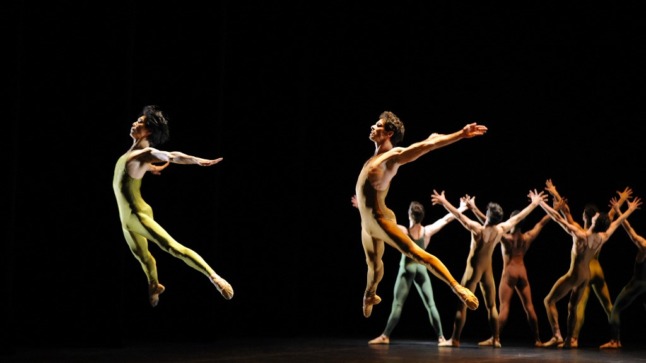The second annual Global Productivity report, released by B2B marketplace Expert Market, reveals the workforces that bring the most back to the businesses they work for, and the results revealed that the Nordic region is the most productive in Europe.
The report investigates productivity levels in over 35 countries using GDP per capita data divided by the average number of hours worked to determine the productivity sum per person, and identify the countries with the most effective workforces.
Norway emerged as the overall productivity winner in Northern Europe, ranking in second place overall, with an output per person that has grown by 9 percent over the past year.
Norwegian workers enjoy one of the shortest workweeks at 27 hours and yield an impressive productivity sum of £39.72 (337 kroner) per person for every hour worked.
The results of the report show that being chained to your desk does not necessarily translate to an economic advantage, say the researchers behind it.
“Our data has shown, both this year and last year when we first ran the study, that there is a definite correlation between a shorter working week and productivity. Countries that have shorter working weeks in general are more productive, whereas countries which have a culture of presenteeism and long desk hours actually get less out of their teams,” Adelle Kehoe, lead researcher at Expert Market, told The Local via email.
READ ALSO: Feature: How to get a job in Norway (from 2013)
Kehoe added that there were some exceptions to the trend.
“Germany, for instance, has the shortest working week of all of the countries included but productivity there has gone down. This suggests that in Norway and Denmark, the move to shorter hours must have come with a very clear cultural shift about what you can get done in a shorter space of time, and a focus on focusing and delivering while at work and then having more time away from the office to reboot in between,” she said.
Iceland climbed the list by the most places, moving by 10 positions from 15th to 5th.

Graphic: Expert Market
Workers in Iceland clock up slightly longer hours than Norwegians but appear to put their time to much better use, according to the report, as the productivity per person skyrocketed by 48 percent in just 12 months.
Denmark also ranked among the top 10 most productive countries, moving up from 7th to 4th place.
The UK is one of the few countries in Europe where the output is in decline – the productivity per person dipped by an alarming 7 percent over the past year alone.
The results of the report added important perspective in discussion of how different working cultures can be effective, Kehoe told The Local.
“I think there is an interesting conversation going on, especially in tech and new businesses about the impact of presenteeism, or the culture of long working hours. This study is a simple way to assess the outcome vs. the input and work out which approach yields the best results.
“Seeing the performance of countries like Norway and Denmark really backs up our ethos as a business where work-life balance is championed and there are no medals for time spent at your desk,” she said.
READ ALSO: Norway named the world’s happiest country



 Please whitelist us to continue reading.
Please whitelist us to continue reading.